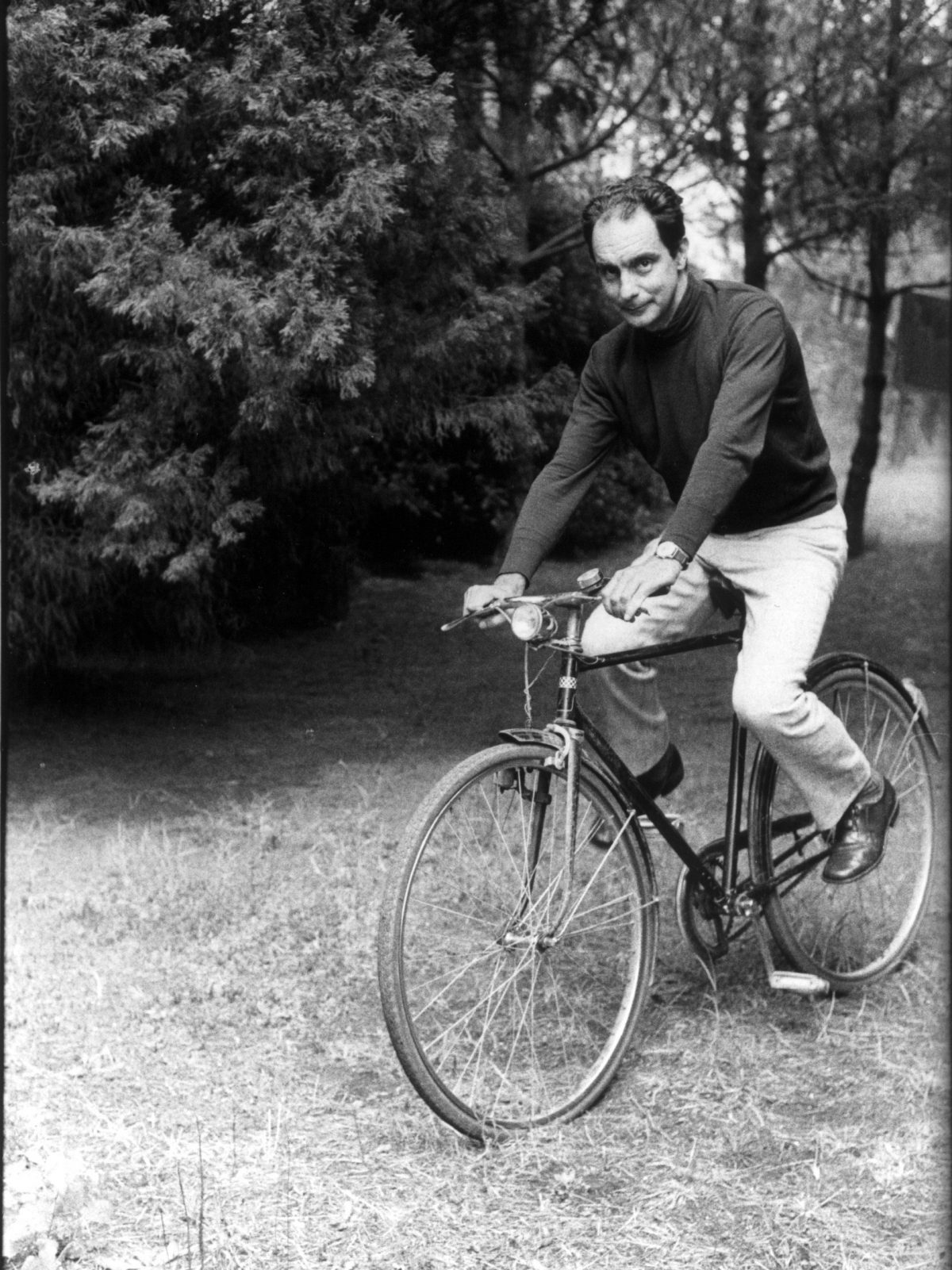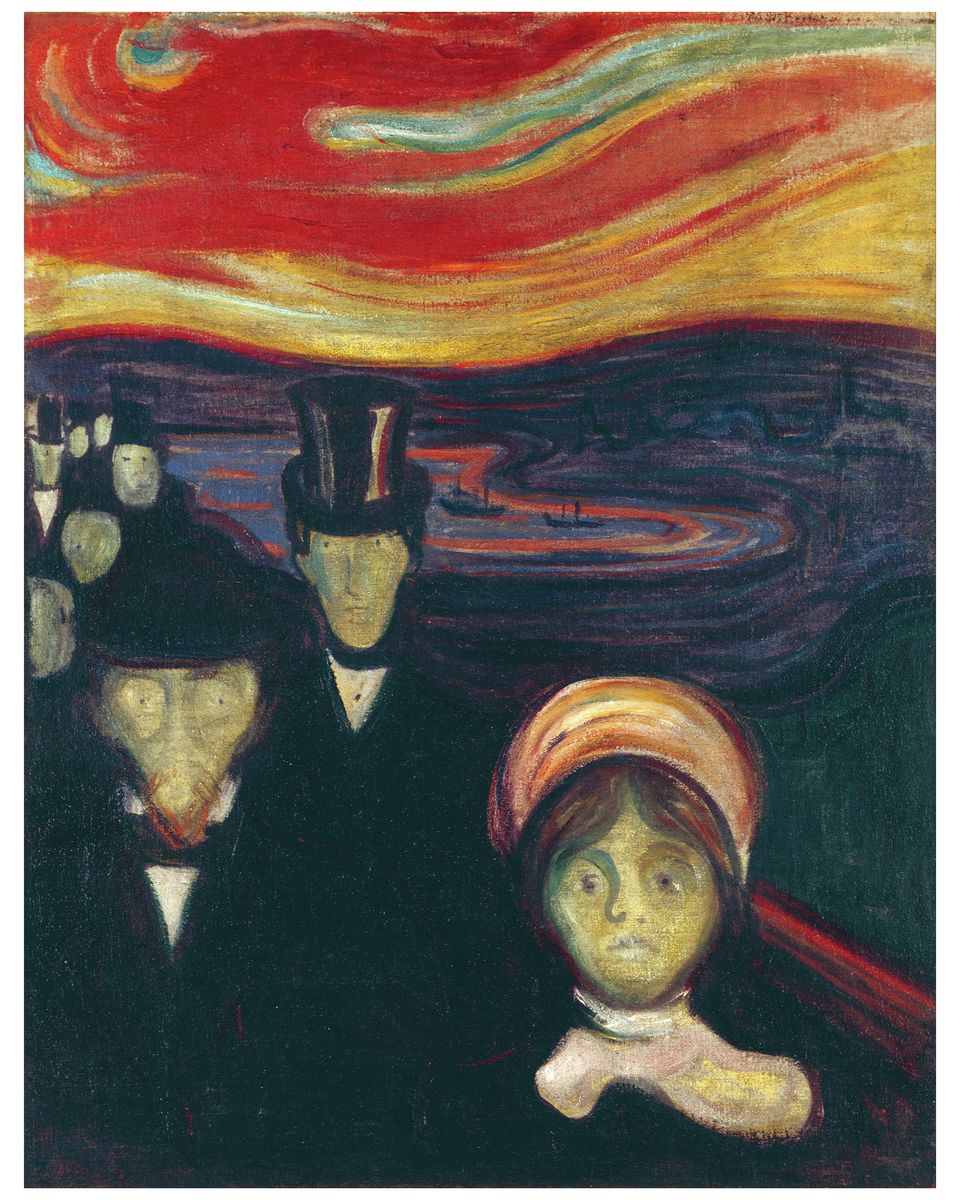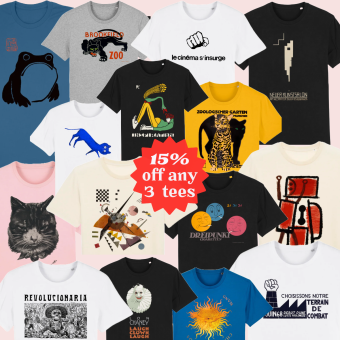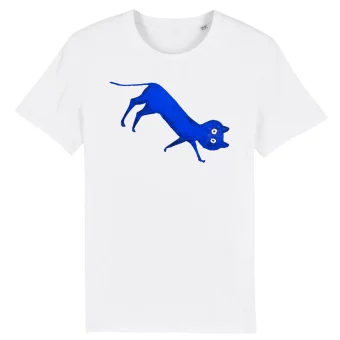“I would like this to signal the end of “wasted angst” in my life: I’ve never regretted anything so much as having particular individual worries”
– Italo Calvino

In January 1950 Italo Calvino wrote to his friend Mario Motta about his New Year’s Resolution. Calvino (October 15, 1923–September 19, 1985), a writer and a journalist, aimed to stop the “wasted angst” that comes from having an opinion to deadline, ending the worry that comes from the need to offer an insta-comment on things that would benefit from study, reflection and to be lived with for a while.
We make a promise be our better selves. In his New Year’s Resolutions of 1943, singer Woody Guthrie vowed to “Stay Glad”. In her list of resolutions in 1955, the actress Marilyn Monroe wrote: “try to enjoy myself when I can – I’ll be miserable enough as it is.”
To what extent we keep a promise is up to us and our sense of identity, knowing that change and free will mean that nothing is meant to be forever.
Italo Calvino’s New Year’s Resolution:
I would like this to signal the end of “wasted angst” in my life: I’ve never regretted anything so much as having particular individual worries, in a certain sense anachronistic ones, whereas general worries, worries about our time (or at any rate those that can be reduced to such: like your problem in paying the rent, for instance) are so many and so vast and so much “my own” that I feel they are enough to fill all my “worryability” and even my interest and enjoyment in living. So from now on I want to dedicate myself entirely to these latter (worries) — but I am already aware of the traps in this question and that’s why for some time now my first need has been to “de-journalistize” myself, to get myself out of the stranglehold that has dominated these last few years of my life, reading books to review immediately, commenting on something even before having to time to form an opinion on it.
I want to build a new kind of daily program for myself where I can finally get into something, something definitive (within the limits of historical possibility), something not dishonest or insincere (unlike the way today’s journalist always behaves, more or less). For that reason I make several plans for myself: … to maintain my contacts with reality and the world, but being careful, of course, not to get lost in unnecessary activities; and also to set up my own individual work not as a “journalist” any more but as a “scholar,” with systematic readings, notes, comments, notebooks, a load of things I’ve never done; and also, eventually, to write a novel.
Calvino spent much of the following year writing the novel The Cloven Viscount (published 1952), “written to give [my] imagination a holiday after punishing it”.
Calvino sought purpose. Does a life that lacks purpose create or feed our anxieties?
In his book, American Philosophy: A Love Story, John Kaag writes:of Soren Kierkegaard (5 May 1813 – 11 November 1855):
It may be tempting to overthrow this ancient tradition, to make no resolutions, and to go along with the flow of life like a carefree leaf on the surface of a happily bubbling stream. But Kierkegaard would argue that such a metaphor is deceptive: we would be akin to a stone hurled across the surface of the water, which “skips lightly for a time, but as soon as it stops skipping, instantly sinks down into the depths.” Without commitments, we risk disappearing into the existential abyss. A life that lacks purpose creates anxiety. A meaningful life, Kierkegaard suggests, is one in which we actively assert ourselves in order to live more fully.
Spotters: Paris Review, Brain Pickings.
Would you like to support Flashbak?
Please consider making a donation to our site. We don't want to rely on ads to bring you the best of visual culture. You can also support us by signing up to our Mailing List. And you can also follow us on Facebook, Instagram and Twitter. For great art and culture delivered to your door, visit our shop.








